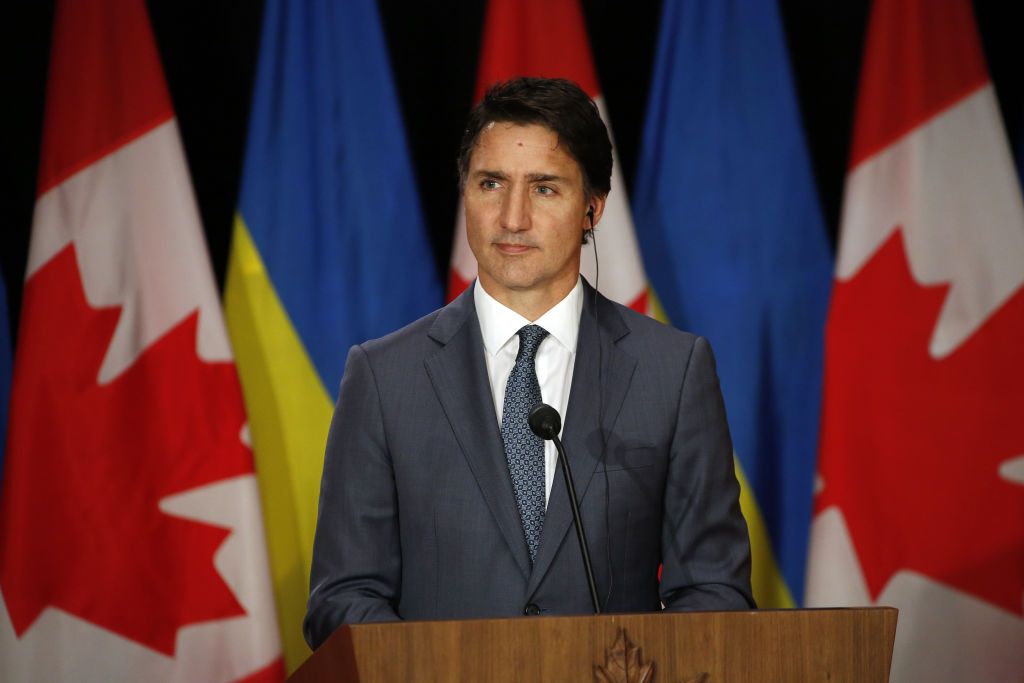Finnish foreign minister urges Western leaders to refrain from calling Putin, calls for coordinated communication with Kremlin

Finnish Foreign Minister Elina Valtonen urged Western leaders to refrain from making additional phone calls to Russian President Vladimir Putin following German Chancellor Olaf Scholz's recent call, Valtonen said on German TV on Nov. 17.
"The most important thing is that we understand we must not engage in another race for attention from the Kremlin right now," Valtonen said on ARD. "It won’t help if the leaders of European states make coordinated or uncoordinated phone calls with Putin,"Valtonen added, urging Western cooperation with Kyiv on the matter.
Scholz spoke with Putin on Nov. 15 for the first time in nearly two years. The German chancellor condemned Russia’s war, urged Putin to withdraw his troops, and discussed potential talks with Kyiv.
The call sparked anger in Ukraine, with President Volodymyr Zelensky saying the conversation opens a "Pandora's box" for further engagement and that "it is extremely important for Putin to loosen his isolation, Russia's isolation."
The call drew a mixed reaction from Western leaders. Canadian Prime Minister Justin Trudeau indicated support for Scholz's phone call with Putin, though adding his trust in the Russian leader is "at an all-time low."
Polish Prime Minister Donald Tusk said on X that Western phone calls to the Kremlin will not stop Russian aggression.
"No-one will stop Putin with phone calls. The attack last night, one of the biggest in this war, has proved that telephone diplomacy cannot replace real support from the whole West for Ukraine," Tusk said.
In defense of his conversation with Putin, Scholz told the media on Nov. 17 that the phone call was meant to dispel any illusions Putin might hold about the West withdrawing support for Ukraine.
"The conversation was very detailed but contributed to a recognition that little has changed in the Russian president's views of the war - and that's not good news," Scholz said, according to Sky News. He also added it would not be good if no European leader were in contact with Moscow if the new U.S. administration will be.
U.S. President-elect Donald Trump has vowed to swiftly end the war by bringing Russia and Ukraine to the negotiating table. His imminent return to the White House has also sparked fears that Washington might withdraw its support, forcing Europe and other partners to radically step up their contributions.











